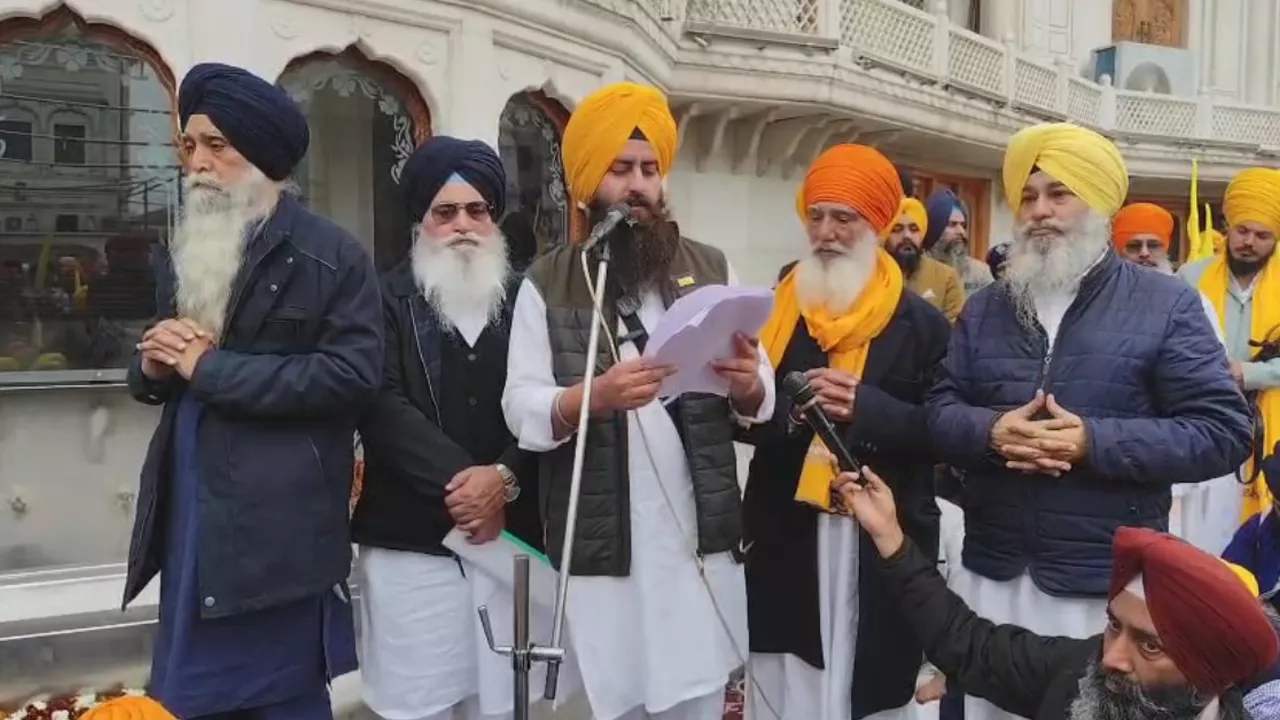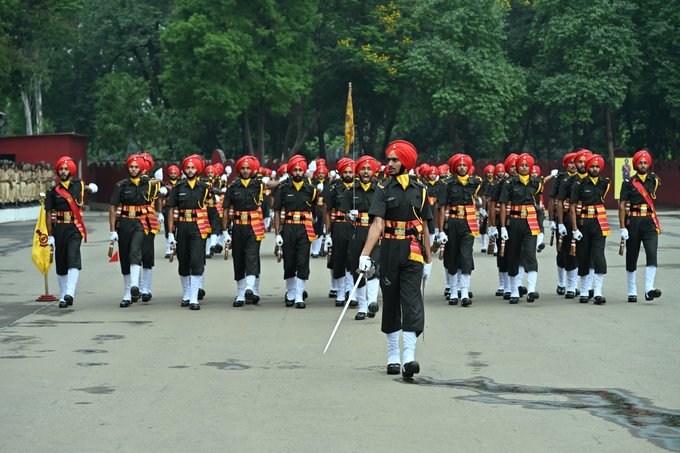In his Independence Day speech on 15 Aug, Indian PM Narendra Modi pitched for ‘One Nation, One Election.’ The slogan stands for the whole nation going through one election for state assemblies and at the national level, a proposal BJP’s has advocated since their 2014 Election Manifesto. In March 2024 the panel led by former Indian President Ram Nath Kovind submitted its report. 32 parties were in favor, most of them were part of the National Democratic Alliance (NDA). 15 parties were against, mostly the opposition. However, to bring such a change, the govt. needs a two-third majority in both houses of the Parliament. With the NDA govt. barely in majority, such a proposal will not succeed. On 16 Aug, the Election Commission of India (ECI) announced dates for elections in Haryana and Jammu & Kashmir (J&K). By-polls for four assembly seats in Panjab were not announced. The Haryana elections will be on 1 Oct, J&K in three phases, results for both would be declared on 4 Oct. These would be J&K’s first elections in ten years, also since the Abrogation of Article 370 and 35A, and demotion of the region’s status from state to union territory. The elections were necessitated because of a Supreme Court of India order. This time, in J&K, Kashmiri Sikhs will contest 8-12 seats independently. Since the last three terms, Haryana elections have been conducted simultaneously with Maharashtra elections. The reason for the split in elections is the BJP is facing anti-incumbency in both states but the Election Commissioner cited lack of preparation, resources and festivals for the delay in Maharashtra elections, casting doubt on BJP’s rhetoric to conduct simultaneous state and national elections for the whole country.


Like what you're reading? Subscribe to our top stories.
Liv Forum provides a digest of analysis on major issues facing Indian (East) Panjab and Sikhs globally.
In accordance with our Privacy Policy, we will never share or sell the information of our subscribers.






